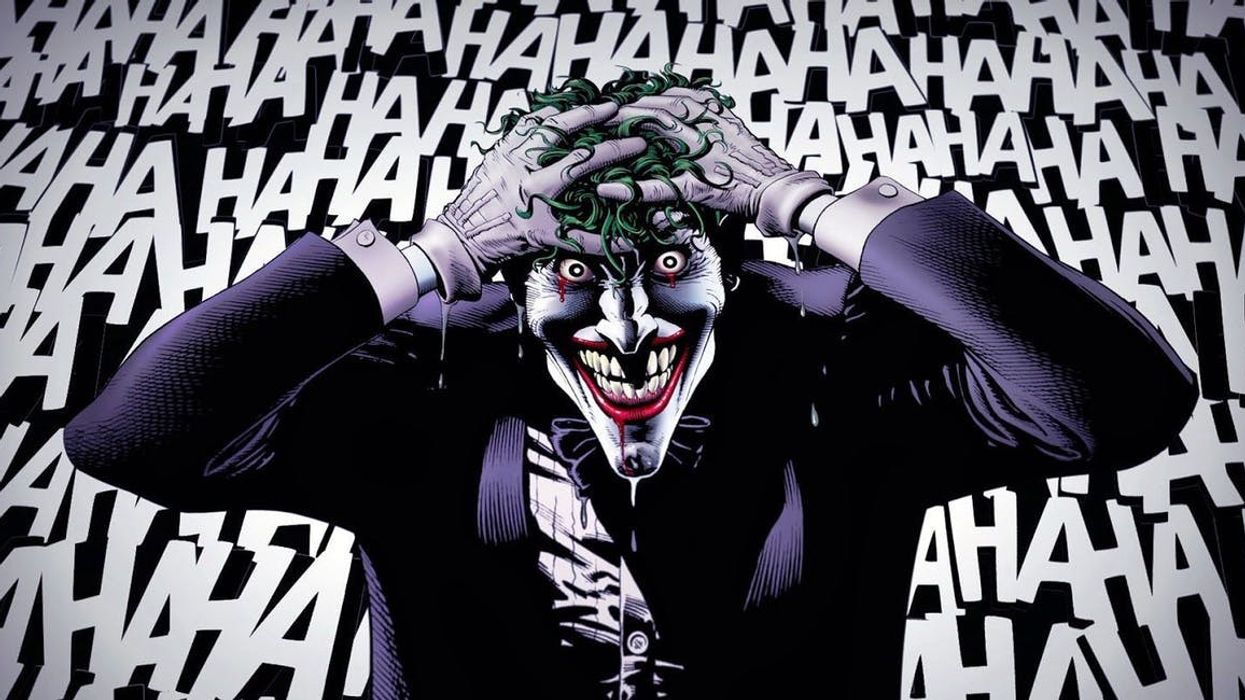Alan Moore Has a Blazing Hot Take On Superhero Movies
This opinion makes Scorsese's views on Marvel seem quite tame.

If you aren't familiar with Alan Moore, he is one of the most influential and important Comic Book writers of all time. If you're wondering why a filmmaking blog such as this one would cover him, well, there are a few reasons.
Firstly, Moore's original ideas and takes on classic IP continue to be adapted by major studios for film and television. His ideas and his approach inform far more than just the content based on his work.
Watchmen is on HBO currently, which is a spin on his seminal work. Joker, a new look inside the villainous Joker from the Batman series, is in large part inspired by the way Moore handled the story in 'The Killing Joke'.
Moore is worth looking into as we creatives traverse the current landscape of entertainment. To his own chagrin, you could say he helped foster it.
Today on the blog Alanmooreworld, an interview he did back in 2016 with Raphael Sassaki went up...and it's a big one. Being not only a comic book writer but also an occultist, ceremonial magician, and an anarchist, Moore leaves us with a lot to comb through, but though the interview covers many topics, it's Moore's scathing take on the state of superhero content and it's seemingly insatiable audience that seems more relevant than ever.
Here is the pull quote that's been making the rounds:

"The continuing popularity of these movies to me suggests some kind of deliberate, self-imposed state of emotional arrest, combined with a numbing condition of cultural stasis" - Alan Moore
Moore isn't the only person out there experiencing what one might call "Superhero fatigue." What has felt like rumblings around the industry for a while is growing louder recently with more vocal detractors. These quotes from Moore are a few years old and just now making the rounds on the internet, but they fall in line with controversial comments from other influential and respected creatives, like Martin Scorsese and Francis Ford Coppola to name a few.
What do you think? Are audiences really getting tired of this? Or are we hearing from a few older grouchy types who don't really understand the current marketplace and creative landscape?
Source: Alan Moore World











